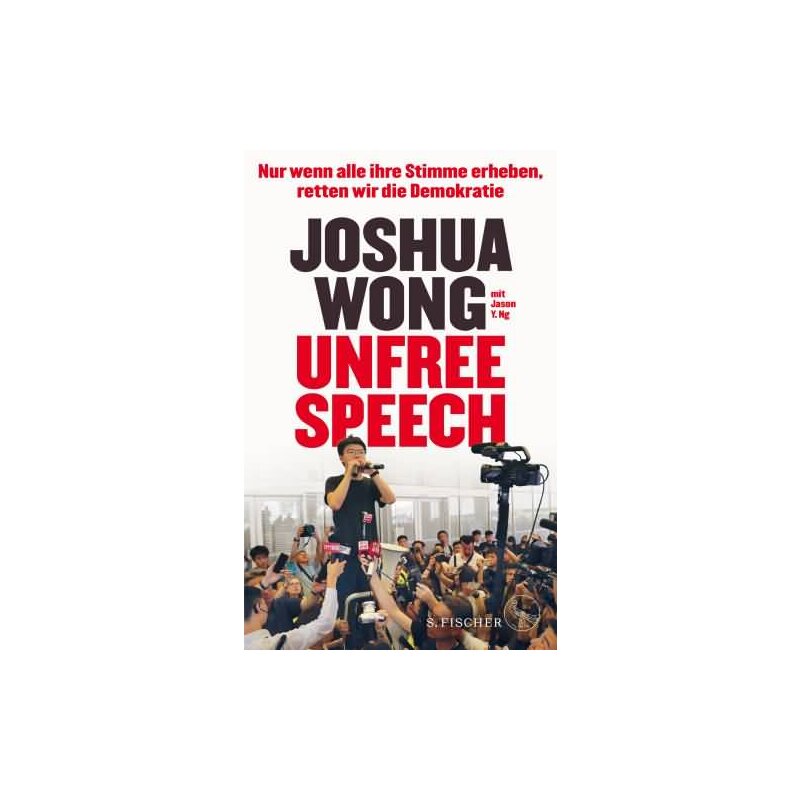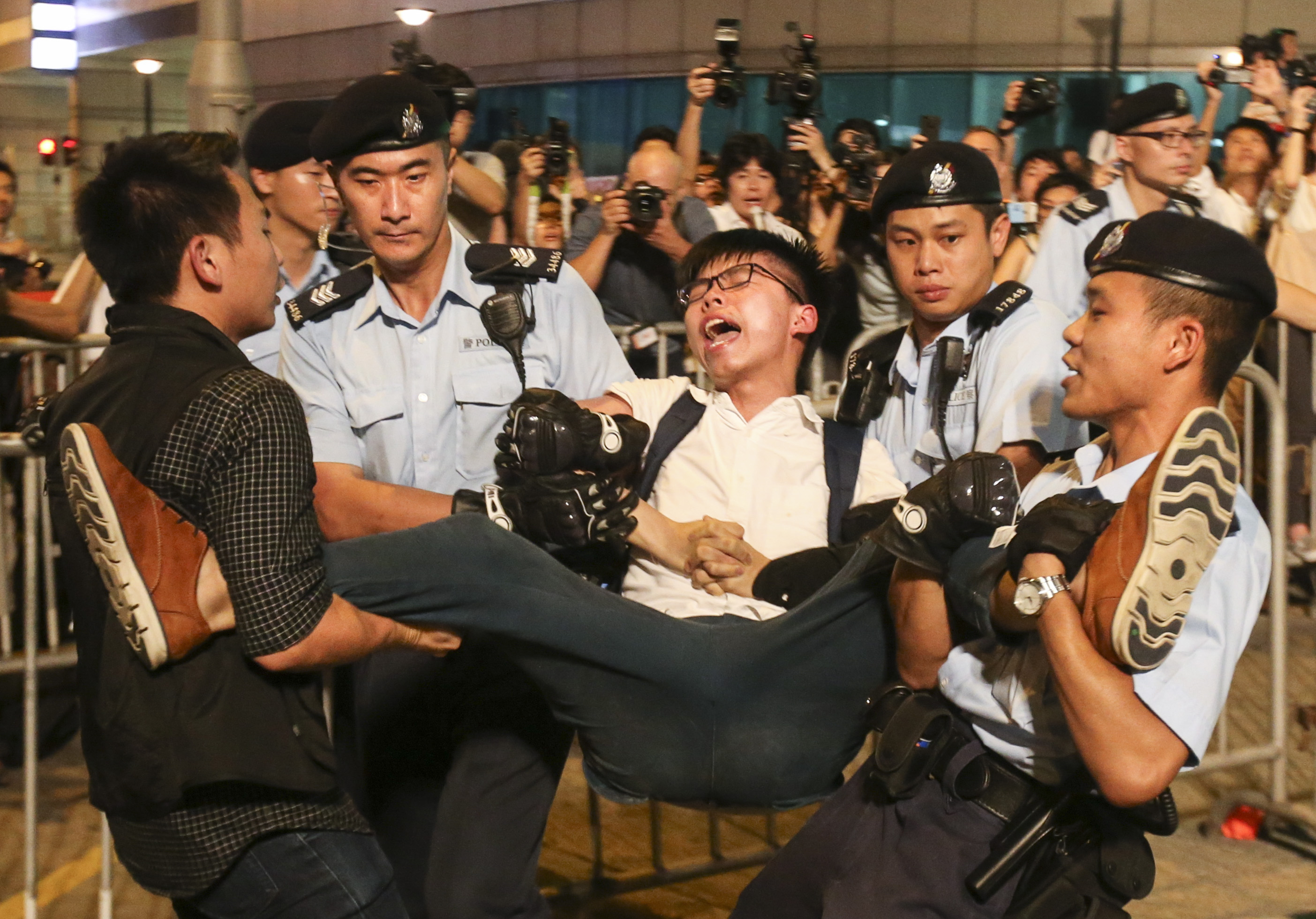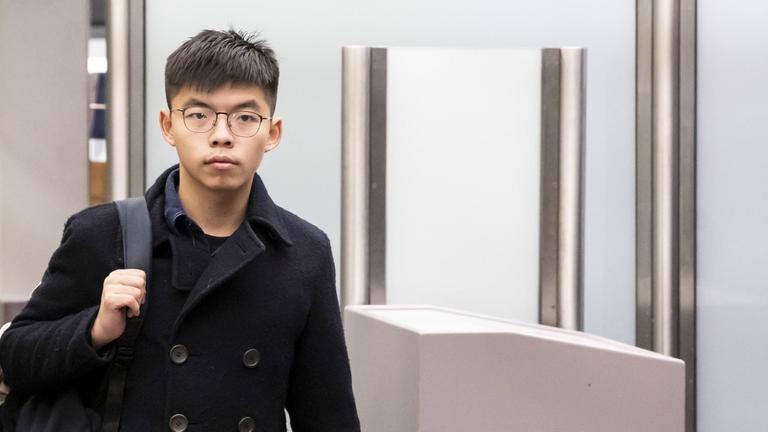

Its economy was rocked in turn by the 1997 financial crisis, the 2002-03 Sars epidemic and a burst housing bubble. In his view, HK’s first decade after returning to Chinese rule “was nothing short of catastrophic”. Wong was born in 1996, on the eve of the handover.

Joshua Wong’s memoir, Unfree Speech, weaves an activist’s biography through this contemporary history. One piece of anti-government graffiti said: “It was YOU who taught us that peaceful protest doesn’t work!”Ĭarrie Lam takes her oath in front of Chinese President Xi Jinping in Hong Kong, July 2017. Frustration at this string of encroachments on Hong Kong’s autonomy led to the unprecedented violence of 2019. Unease has intensified over the past six years, following the abduction by mainland agents of local publishers of Chinese political exposés. In 2003 (when the then chief executive Tung Chee-hwa tried to introduce an anti-sedition law extending mainland political control) and 2014 (when Beijing stalled attempts to democratise selection of HK’s chief executive) hundreds of thousands took to the streets. This unease has periodically erupted into mass demonstrations when the administration has attempted to pass legislation that would explicitly tighten Beijing’s grip on local affairs. Since HK’s return to mainland government control in 1997, the island has simmered with anxiety about its government’s relationship with Beijing. Keeping the two systems separate for at least 50 years was a keynote of basic law governing the return of HK to mainland China in 1997.īut it’s impossible to understand the vehemence of current rebellion without highlighting a string of longer-term grievances that have led to this crisis. Activists in HK fiercely opposed it because they feared it would break down a barrier between the legal systems of the PRC and HK, making it possible for the mainland – which has become increasingly politically repressive over the past seven years – to extradite political activists and dissidents into China’s opaque and Communist party-dominated legal system. The protests had an immediate trigger: a controversial bill proposed by the chief executive, Carrie Lam, that would permit extradition from HK to the People’s Republic of China.

In November, Hong Kong’s university campuses were combat zones, bristling with makeshift barricades and petrol bombs police responded with threats of using live ammunition.

What began as a “summer of discontent” has become a running street battle, marked by acts of violence by both police and protesters. S ince June 2019 Hong Kong has been – first figuratively, then literally – on fire.


 0 kommentar(er)
0 kommentar(er)
